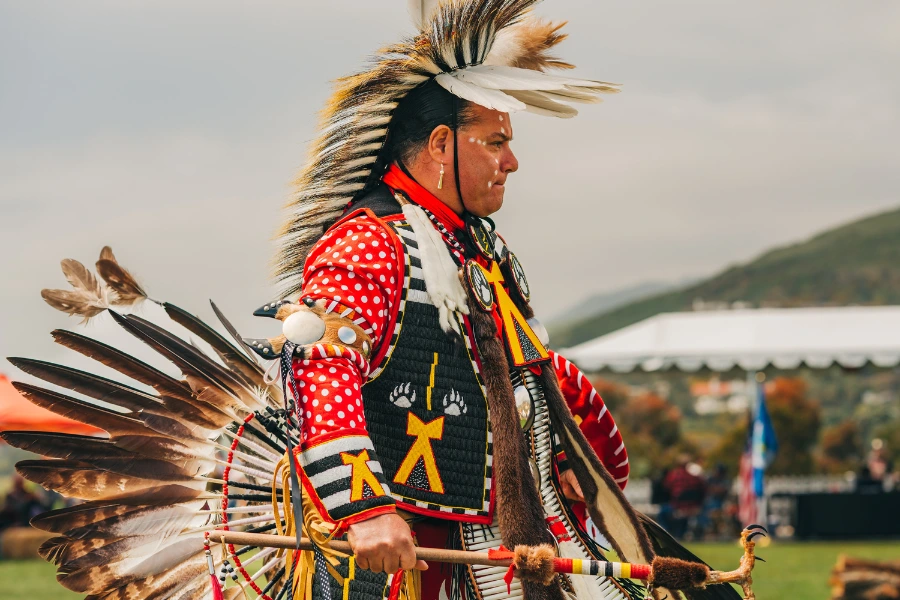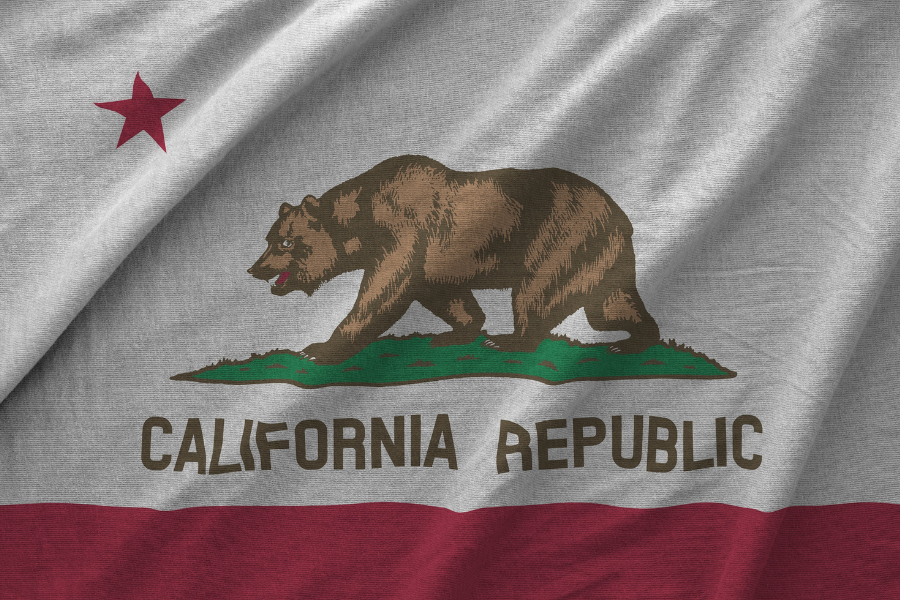Combined, these measures saw over $500 million in campaign contributions, yet their defeat underscored the fractured landscape of CA sports betting legalization.
The competing interests — tribal gaming operators versus major online sportsbooks like DraftKings and FanDuel — canceled each other out, leaving California, the nation’s largest prospective market, on the sidelines.
The lessons from this failure are shaping a new strategy. FanDuel CEO Amy Howe called the initiative battle a
“spectacular failure,” admitting, “We learned a lot.”
Howe’s statement reflects a shift in approach among online sportsbooks, which are now prioritizing collaboration with California’s tribes.
FanDuel has actively sought tribal expertise, hiring former San Manuel Band of Mission Indians executives Rikki Tanenbaum and Frank Sizemore, along with ex-National Indian Gaming Commission chairman E. Sequoyah Simermeyer.
Jeremy Kudon, president of the Sports Betting Alliance, echoed the sentiment during a webcast hosted by the Tribal Gaming Association, stating,
“We learned how important it is to follow the tribes’ lead and work together.”
This newfound cooperation suggests that future efforts to legalize sports betting in California may avoid the divisiveness of 2022, potentially presenting a unified measure acceptable to voters.
Challenges to Navigate: Cardrooms and Sweepstakes Sites
California’s tribal leaders have long viewed online sports betting with skepticism, concerned it could erode their control over the state’s gaming industry. However, their opposition extends beyond sportsbooks to long-standing conflicts with cardrooms and emerging threats from unregulated sweepstakes sites.
A new law, Senate Bill 549, gives tribes a one-time opportunity to sue cardrooms for offering banked card games like blackjack, which the tribes argue infringe on their exclusive rights under the Indian Gaming Regulatory Act.
The outcome of any legal challenges could significantly reshape California’s gambling landscape, with a court decision expected by April 2025.
Meanwhile, both tribes and sportsbooks are aligning against sweepstakes gambling sites like High 5 Casino and Fliff. These operators exploit legal loopholes by marketing themselves as “social” platforms while offering real-money prizes through sweepstakes coins.
The sites generate billions in revenue without paying taxes or adhering to regulations. Kudon criticized these operators, stating,
“That’s money that could be going to the states. That’s money that could be going to the tribes.”
A Path Toward Unity
As discussions continue, optimism is building for a collaborative framework that respects tribal sovereignty while allowing online sportsbooks to operate within a regulated system. James Siva, chairman of the California Nations Indian Gaming Association, highlighted the need for innovation, stating,
“We have started to think outside the box.”
While a new ballot initiative may not appear until 2026 or 2028, both tribes and sportsbooks appear committed to finding common ground. By addressing shared concerns and crafting legislation tailored to California’s unique gaming landscape, stakeholders hope to avoid repeating past failures.
For now, California’s gambling future hinges on balancing tribal exclusivity, online expansion, and voter approval. If successful, the state could set a national precedent for sports betting legalization, redefining partnerships between tribal operators and major gaming companies.




